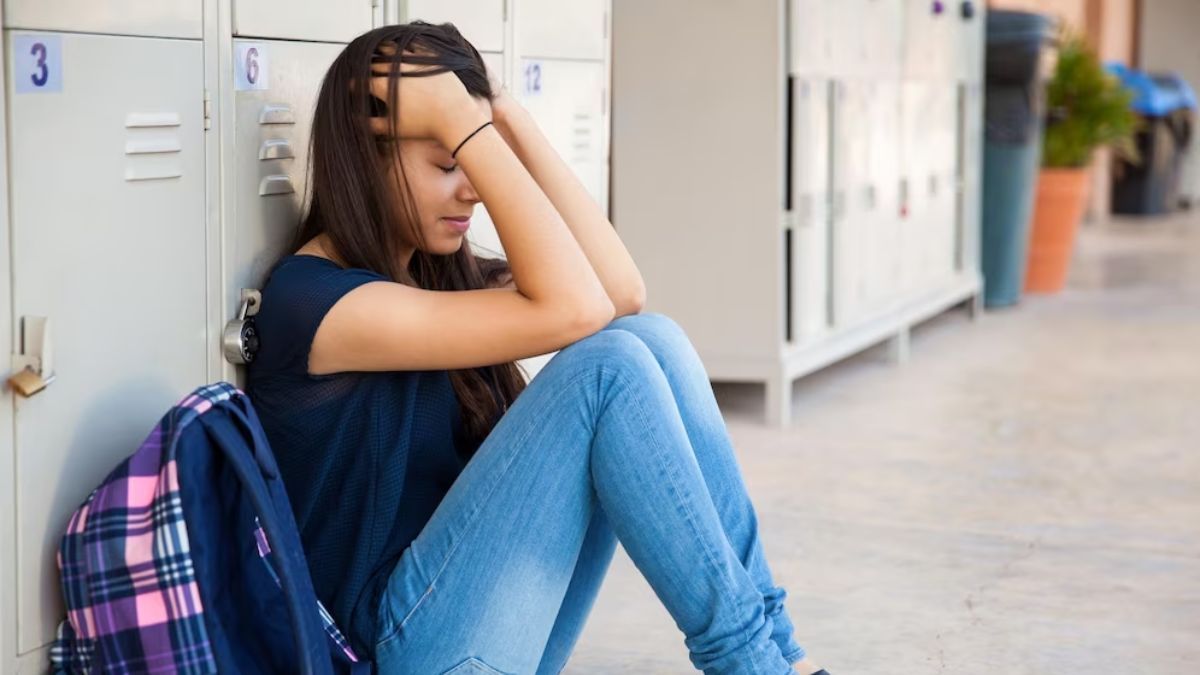- By Prerna Targhotra
- Tue, 04 Apr 2023 11:44 AM (IST)
- Source:JND
ANXIETY is defined as the feeling of fear, dread and uneasiness accompanied by sweat, restlessness and tension. There are a plethora of anxiety disorders that further cause prolonged stress and other problems. According to the World Health Organisation, an estimated 264 million adults around the globe have anxiety. Of these adults, 179 million were female and 105 million were male.
According to the Archives of General Psychiatry, nearly one-third of adolescents (ages 13-18) had an anxiety disorder between 2001 and 2004. Of these adolescents, the 17 to 18-year-old age group was most affected. We often assume that teenagers have nothing to worry about, nothing generates stress in their bodies, but this is a misconception. The above-mentioned statistics prove that anxiety is a common problem faced by teenagers worldwide.
Teenagers usually experience anxiety due to their career, parental pressure, peer pressure, high expectations, and love life. But how would you know if your child is experiencing anxiety? Various health organisations state some signs by which you can identify whether your child is facing anxiety.
Signs To Recognise Anxiety In Teenagers
1. Social Withdrawal
Teens when experiencing anxiety may draw a boundary around themselves, restrict themselves from speaking to their friends and classmates, avoid socialising, participate in curricular activities and wish to stop going to school or college.
2. Difficulty In Concentrating
Feelings of anxiety can make it difficult to concentrate on studies and other activities in teens. Sometimes it can lead to poor results, difficulty in completing assignments or lower grades. Healthline states that this is because the hypervigilance that often comes with anxiety can pull your attention in many directions as your nervous system works to keep you safe, making it tougher for you to focus on the task at hand.
3. Irritability
Getting irritated more often is one of the most common signs and symptoms of anxiety irrelevant of age. Several studies suggest that teenagers with anxiety find it hard to regulate or manage and respond appropriately to their emotions. Fewer emotional regulation skills can mean more emotional reactivity, which often looks like lashing out in anger, as per Healthline.
4. Disrupted Sleep
Anxiety is frequently connected to sleep. According to the Sleep Foundation, anxiety may provoke more disturbing dreams and create a higher likelihood of sleep disruptions. People with anxiety disorders are inclined to have higher sleep reactivity, which means they are much more likely to have sleeping problems when facing stress.
(Disclaimer: This article is for informational purposes only. It is not a substitute for professional advice, diagnosis or treatment.)

